2016: The Italian Year That Was
January began with Pope Francis calling the Jubilee Year of Mercy. In the course of the year 22 million would come to Rome -- somewhat fewer than the hotel keepers had hoped, but nevertheless, despite fears of terrorist attacks, all went smoothly and without incident.
Not all went so smoothly with a handful of Italian banks, in deep trouble for having issued non-performing loans. Among these, Monte dei Paschi of Siena, the oldest bank in the world and Italy's third largest, caused the greatrest concern. In hopes of better times, in January thousands were fired, a new CEO was appointed, and private investors were begged to give a helping hand. As we shall see, nothing worked.
On February 3, the body of Italian grad student Giulio Regeni, who had disappeared in Cairo Jan. 25, was found, showing signs of brutal torture, apparently under the auspices of the Egyptian secret services. Relations between Italy and Egypt would remain tense. In December an Egyptian informant will admit tipping off the spooks because, speaking with him, Regeni had asked awkward questions.
By the time the important exhibition of 40 works by the Impressionist master Claude Monet, on loan from the Museé d'Orsay in Paris, closed at Turin's civic modern art gallery, GAM, on Feb. 14, it had been seen by 314,000 visitors.
In March, the European Union signed an agreement with Turkey intended to block migrants from flooding into Greece. As a result, they flooded into Italy, as we shall see in November.
April - Rightist politician Matteo Salvini, head of the now nationwide Northern League, met in Washington with Donald Trump, whom he praised for promoting "legality and security" as opposed to the "disastrous nicey-niceyness (bonismo) of Obama and Merkel."
At the Bramante Cloister near Piazza Navona in Rome, an exhibition of paintings by I Macchiaioli opened, through July. The influential Italian movement was created in the Caffè Michelangelo in Florence in the 1860s.
May 11 brought definitive passage of a civil unions bill pending in the Senate since October 2015, making Italy the 27th Europea country to recognize same-sex unions. The Italian version, however, was watered down by eliminating stepchild adoption.
June took Italians to the polls for local elections. In Milan, Giuseppe Sala, considered the savior of the previously scandal-tinged Expo, was elected mayor with the backing of the Partito Democratico (PD). Beppe Grillo's Movimento Cinque Stelle (M5S) walked off with two show-case cities, Turin and Rome. While M5S mayor Chiara Appendino has avoided scandal, Rome's Virginia Raggi has been deeply enmeshed in it ever since that June 19 vote.
July - A train traveling in Puglie on a single track crashed into another on that same track, killing 23 and injuring 50 The result of human error, the crash was interpreted as testifying to the delays in updating infrastructure in Southern Italy.
August - In Amatrice in Central Italy, an earthquake of 5.9 degrees killed 298 people and essentially destroyed this historic city. Other and still stronger quakes also struck two other historic cities, Norcia and Macerata, but with no victims.
September - An important Claude Monet exhibition opened in Parma, through Dec. 11.
Throughout October, the Rome Teatro dell'Opera presented six modernized performances of Puccini's "Tosca," inaugurating an extraordinarily successful and for once break-even season under the guidance of superintendent Carlo Fuortes. As a Doxa survey showed, 40% in the audiences were newcomers to grand opera while, for the first time in years, there was a healthy contingent of young people; only 13% were over 60.
November - The press published the news that 168,000 migrants had landed on the Italian coasts since January while 5,000, at least, had drowned in the attempt.
Rome offered two outstanding exhibitions: paintings by Artemisia Gentileschi at the Palazzo Braschi and the dawn of the Italian still life, as inspired by Caravaggio, at the Galleria Borghese.
December was a particularly busy month. The La Scala opera house in Milan opened its season Dec. 7 with a brand new production of Puccini's "Madama Butterfly," conducted by Riccardo Chailly. Staging and sets by Alvis Hermanis reconstructed the original version of 1904. Four days earlier a special preview for youngsters had been held. Take a look at: http://www.teatroallascala.org/en/season/2016-2017/opera/madama-butterfly-preview-under30.html
Parliament gave final approval to the TAV, the highly controversial high speed train link between Turin and Lyons.
On Dec. 4 Premier Matteo Renzi was trounced in a constitutional reform referendum, and forced to resign. His successor is Paolo Gentiloni, who said in a year-end press conference that his will be "continuity with the government team" of his predecessor.
At year end Italy agreed upon a bailout of E 8.8 billion ($9.2 billion) for the troubled Monte dei Paschi of Siena, half again more than forecast at the beginning of the year. To fund this and the other troubled Italian banks, the Parliament agreed to boost the national debt by up to E20 billion ($20.9 billion). For the bailout, the government is expected to kick in E. 6.5 billion ($6.8 billion) and the rest funded by the bank's institutional investors. Speaking to Bloomberg news, Jeroen Blokland, portfolio manager at the asset manager Robeco Group in Rotterdam, said that, while the problems at the bank are very serious, "the good news is that the European Central Bank (ECB) thinks it is solvent."
Italian Christmas shoppers spent over E3 billion ($3.14 billion) on gifts, but press reports are that "many of the recipeints are now preparing to sell them on, as they try to claw back the cash spent" in order to buy something they actually want.
Happy New Year!






























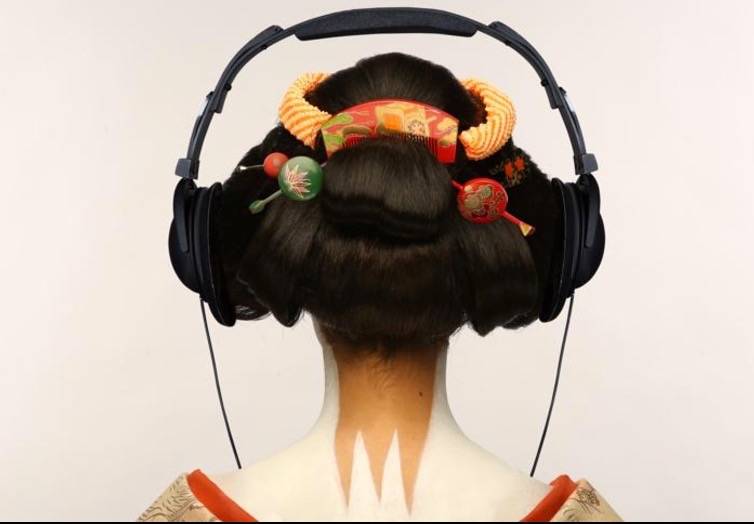
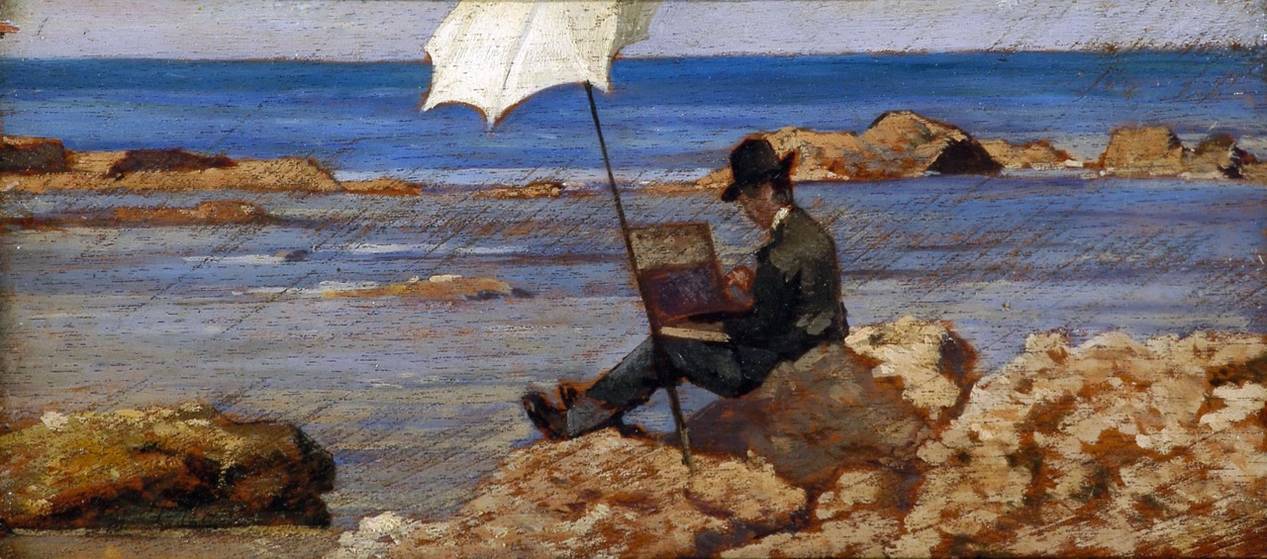

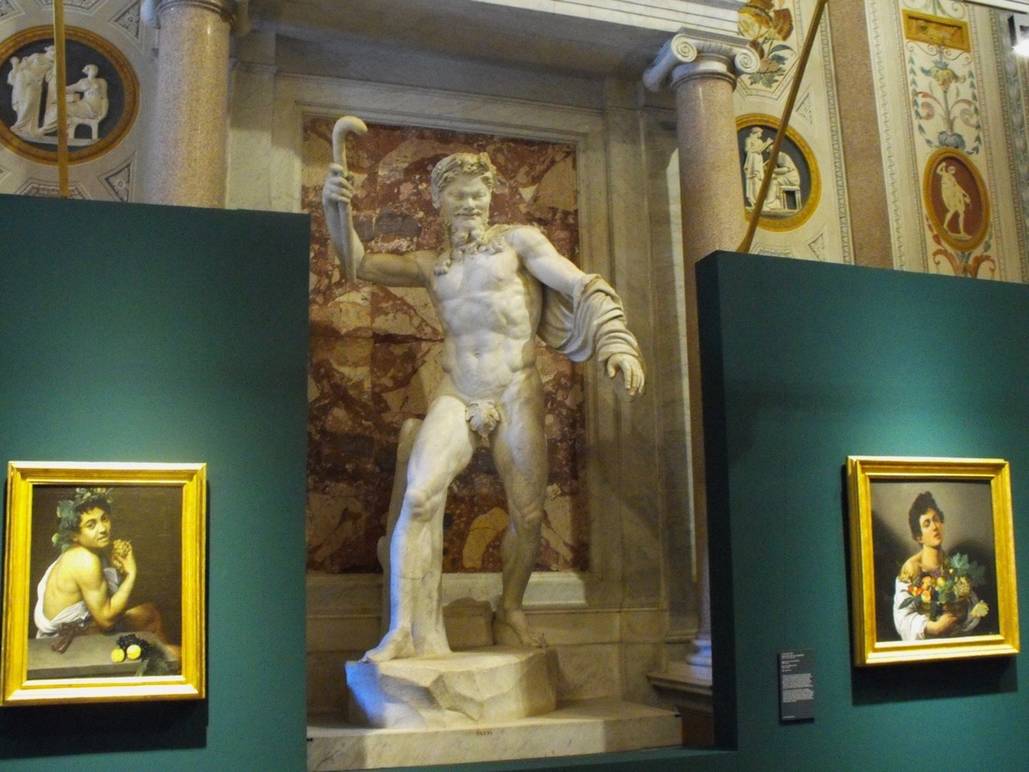
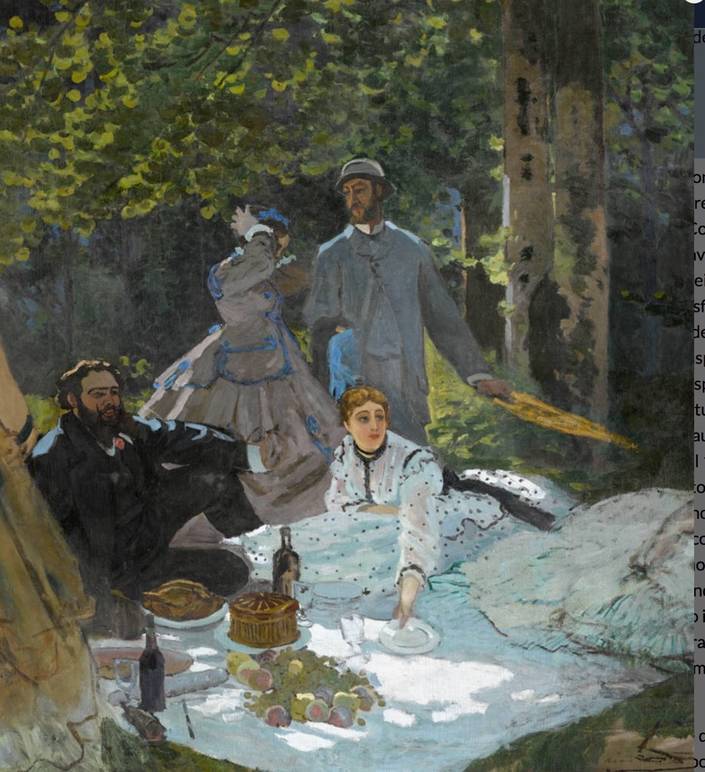
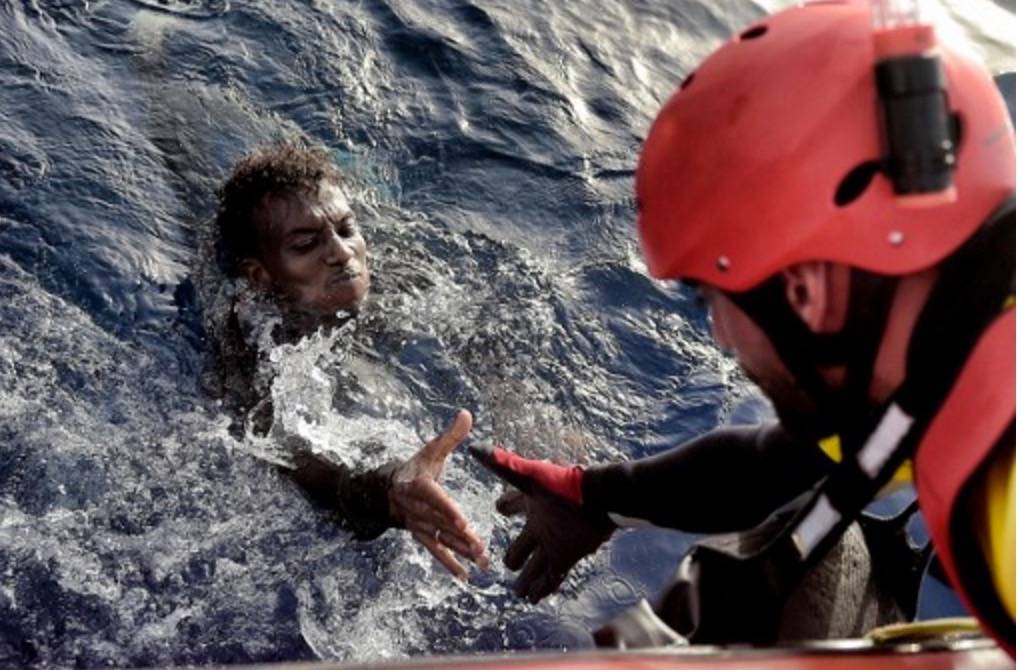



i-Italy
Facebook
Google+
This work may not be reproduced, in whole or in part, without prior written permission.
Questo lavoro non può essere riprodotto, in tutto o in parte, senza permesso scritto.